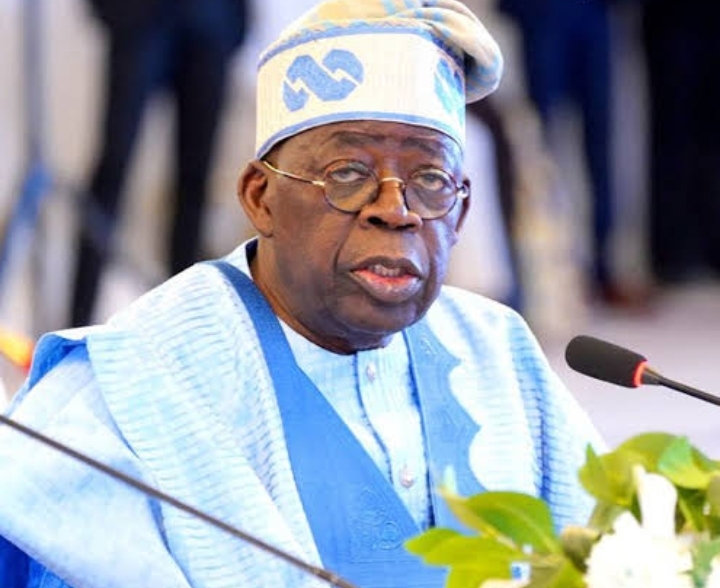
Obi
By Publisher
Kindly share:
Peter Obi, the 2023 presidential candidate of the Labour Party, LP, has criticised the mounting debt profile of the country under President Bola Tinubu.
The former Anambra governor warned that the government is mortgaging the future of unborn generations through unsustainable and unaccountable borrowing.
He deplored the Senate’s recent approval of additional external loans totalling $21 billion, €2.2 billion, and ¥15 billion for the 2025–2026 fiscal period, describing it as worrisome.
Obi noted in a statement issued on Monday, that the Red Chamber of the National Assembly had also approved a ₦750.98 billion domestic bond issuance and a €65 million grant.
According to him, Nigeria’s total public debt as of the first quarter of 2025,
stood at ₦149.39 trillion, and with the new approvals amounting to about ₦37.2 trillion, the debt burden has risen to about ₦187 trillion, warning that if unchecked, the country’s total debt may exceed ₦200 trillion by the end of 2025.
“As our GDP before rebasing was about ₦269.2 trillion (about $180 billion), the government has borrowed the equivalent of nearly 70% of our previous GDP,” Obi said.
“Even after the rebasing, which pushed our GDP to about ₦372.8 trillion (about $243.7 billion), the government would have borrowed about 50.16% of the new GDP — the highest debt-to-GDP ratio in our history as a nation.
“We still rank low in all major human development indicators. While education is underfunded and standard in continuous decline, healthcare remains inaccessible to millions of Nigerians, particularly the poor.
“Security of lives and property has deteriorated with over 10,217 people killed and 672 villages sacked between May 29, 2023 and May 29, 2025, even though security spending has significantly increased from ₦2.98 trillion in 2023 to ₦4.91 trillion in 2025.”
On Nigeria’s dilapidated road infrastructure, Obi pointed out that about 135,000km of Nigeria’s 195,000km of roads remain unpaved and unusable, adding that the country still generates and distributes less than 5,000 megawatts of electricity in spite of it’s population of over 200 million people.
“Today, over two years after the present government took over and with all the humongous borrowing, we are still confronted with negative reports of worsening poverty,” he stated.
“About 133 million (63%) Nigerians are classified as multi-dimensionally poor, unemployment is increasing, and we receive disheartening news like 652 children dead as the malnutrition crisis worsens in Northern Nigeria.”
He posited that meaningful borrowing must be sustainable and tied to measurable, productive investments.
However, he added: “Unfortunately, this current pattern of borrowing without accountability, without transparency, and without transformational impact is simply mortgaging the future of our children.
“The government should consider the inter-generational consequences of their unsustainable borrowings and show at least a minimum consideration and interest in the future of young and unborn Nigerians.
“Nigeria cannot continue to borrow recklessly while poverty deepens and public trust erodes.
“It is time to stop this fiscal indiscipline. We must build a New Nigeria, where leadership is responsible, development is people-centred, and every kobo borrowed or spent delivers measurable impact,” he added.




